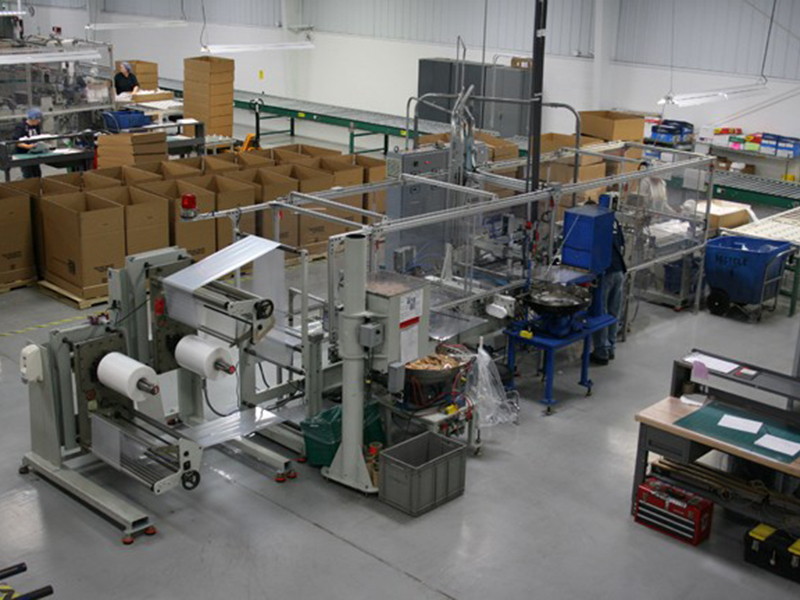Business
Liqui-Box designs and manufactures bag-in-box packaging systems which consist of a consumable bag with a fitted dispensing fitment and a filling machine specifically designed to fill the bags.
Situation overview
Liqui-Box was the fourth business Sterling acquired from DuPont – the first was in 1986. DuPont needed a buyer to close on a certain time frame and work through the complexities of the carve-out transition.
Quote
Ken Swanson, Richmond, Virginia,There was huge opportunity at Liqui-Box. I took the job because you could see a path to a much larger, more efficient company, but there was a lot of work to do. I needed to make sure I had a supportive partner, both in terms of resources and in terms of true alignment and shared vision. Liqui-Box is a better place to work today than it was before Sterling owned the company.
CEO of Liqui-Box
Paul Kase, Richmond, Virginia,Sterling enabled us to do things internally and externally that we didn’t have the ability to do within a larger organization. They enabled and empowered the Liqui-Box team to take advantage of opportunities in the marketplace far quicker and with far less bureaucracy. Sterling’s willingness to invest in our people, our processes and technology really took us a long way. It allowed us to go further as a company.
VP of Sales, Liqui-Box
Liqui-Box designs and manufactures bag-in-box packaging systems which consist of a consumable bag with a fitted dispensing fitment and a filling machine specifically designed to fill the bags. Liqui-Box’s bag-in-box packaging was primarily used in the foodservice industry, but during Sterling’s ownership, commercial initiatives were launched to address new end markets. Liqui-Box was the fourth business Sterling acquired from DuPont – the first was in 1986.
When DuPont decided to divest a number of its downstream packaging businesses in 2011, Sterling was interested. As it learned more about Liqui-Box, Sterling realized that its long history of carve-out work would be needed. The business effectively functioned as a product line within DuPont but not a standalone business. Sterling re-created divisional financials to evaluate the business. After closing, Sterling needed to establish a corporate headquarters in Richmond, Virginia and hire more than 30 people to perform functions formerly handled by DuPont. Sterling and DuPont had 38 transition service agreements which spanned the globe, some lasting as long as 18 months.
Sterling was excited to take on the work required to ultimately partner with a strong business with recurring revenue based on the sale of consumable packaging materials.
*The experience cited here is not necessarily reflective of all who have partnered with Sterling. Past performance does not guarantee future results. Further, this individual is not an investor in any of Sterling’s affiliated investment funds, but was previously employed by a portfolio company of Sterling’s and it is possible such individual may wish to be employed by a Sterling portfolio company in the future. While this individual was not compensated for this endorsement, this individual was compensated as an employee of the portfolio company during its partnership with Sterling, and it is possible that this individual may have received or in the future receive other tangible benefits from Sterling.


